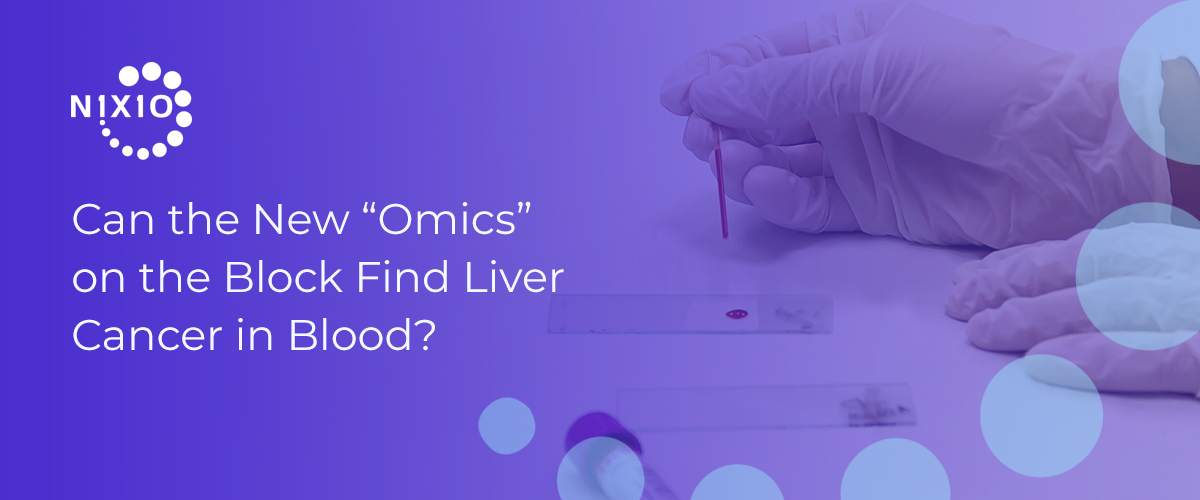July 2023 | George M. Pikler, M.D., Ph.D., FACP
Researchers at Johns Hopkins University School of Medicine have developed a blood test that, in an NCI-funded preliminary study, accurately detected liver cancer, including in people with early stages of the disease. Unlike most other blood tests in development for cancer detection, this one uses a new type of technology, called fragmentomics, to analyze bits of DNA in the blood. An advantage of fragmentomics is that it requires much less blood than other liquid biopsy tests.
Liver cancer is the third leading cause of cancer death worldwide. When the disease is caught early, upwards of 70% of people survive more than 5 years. But if it’s found after the cancer has spread, that number drops below 20%. For that reason, people who have a high risk of liver cancer—such as those with cirrhosis or chronic hepatitis B virus infection—are advised to get regularly monitored for the disease. But current tests for liver cancer don’t work very well, aren’t readily available to all who need them, and are expensive.
In the new study, the researchers used a whole-genome cell-free DNA (cfDNA) machine learning to analyze fragmentomics data and find differences between people with and without liver cancer. When applied to blood samples from hundreds of people—including some known to have liver cancer—the test accurately identified those with liver cancer, including early-stage disease. They also validated the accuracy of the test using blood samples from another large group of people.
Although the results seem promising, the next—and very important—step is to see how the blood test performs in a larger group of people who haven’t yet been diagnosed with liver cancer. Study co-leader Victor Velculescu, M.D., Ph.D., of Sidney Kimmel Cancer Center at the Johns Hopkins University School of Medicine, and his colleagues are planning follow-up studies of people at high-risk of liver cancer to see if the approach can catch early-stage disease.
Fragmentomics is a next-generation liquid biopsy approach. And it can potentially be used to detect other kinds of cancer, in addition to those the team has already studied, he added.


